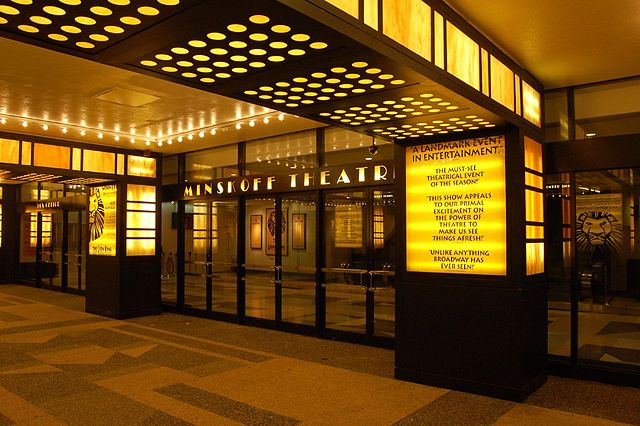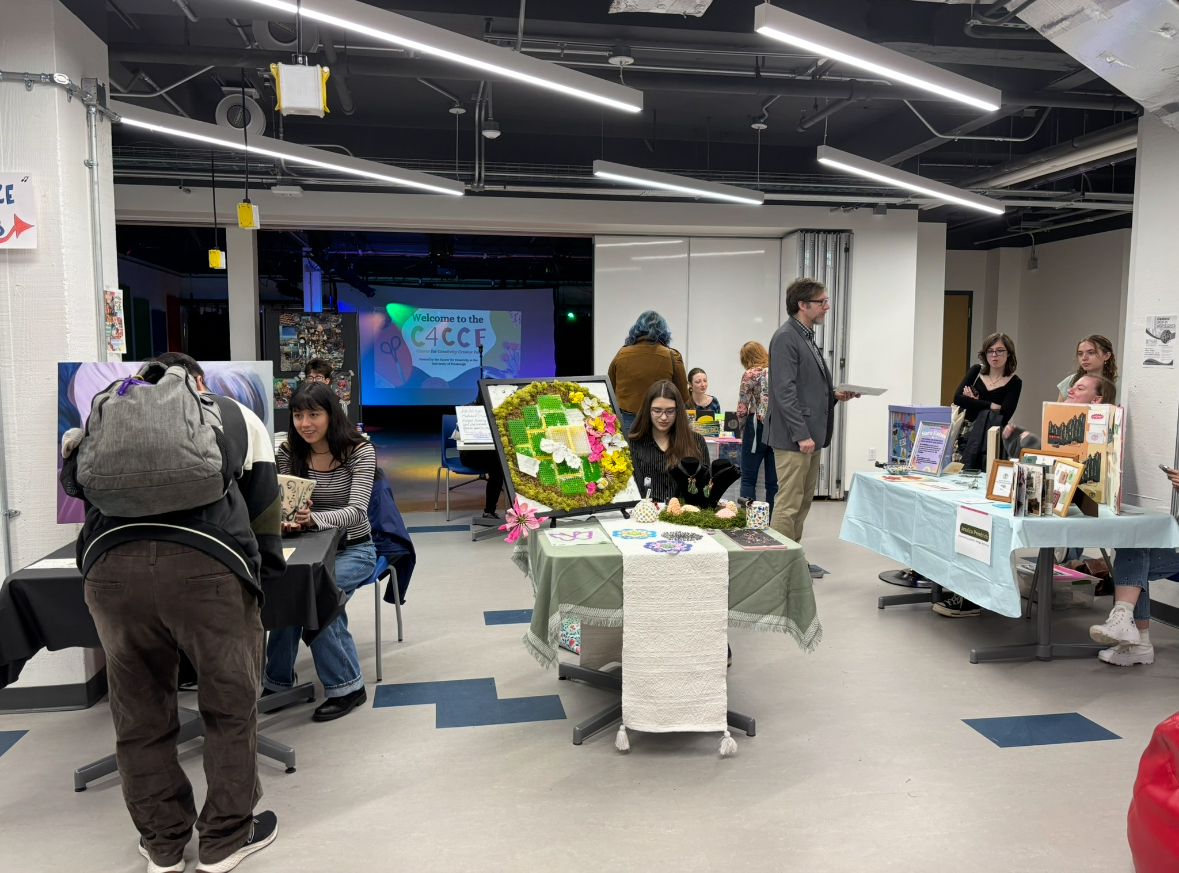Opinion | Broadway can’t responsibly reopen without implementing necessary, promised change
June 2, 2021
The past year and a half has certainly presented its share of challenges — a pandemic, a tumultuous election, climate change’s escalation, racial inequity and murder hornets. For the theater industry, all of these issues — sans the bees — have come to a head, intensified by the COVID-19 shutdown that has brought all live performances to a startling halt since March 12, 2020.
Like many industries, artists and producers were finally forced to confront the systemic racist inequality that has plagued the Great White Way since its inception, with coalitions like We See You White American Theatre moving to the forefront of calling out blatant injustices. Lee Seymour, entertainment contributor for Forbes Magazine, detailed how the community finally seemed to stand in solidarity with marginalized artists during the shutdown.
“Take Broadway as a glamorous, segregated microcosm. The $15 billion industry has long styled itself a progressive bastion, yet maintains an overwhelmingly white leadership class and workforce,” Seymour said. “As the shutdown forced theater makers to reflect, the disparity between message and reality has resulted in an unprecedented push for reform, holding institutions accountable for decades of inequity.”
And now, after this incredibly economically and emotionally painful period for artists, things are finally looking up, as Broadway is set to reopen in early September. Yet it seems most prominent theater makers have forgotten these promises once a significant paycheck was once again on the table.
Theater is, quite literally, my life. It is what I study, what I do and what I love. I am desperate to begin making theater again, but not without these necessary changes. If Broadway opens before actually facing its demons, the industry could — and frankly, should — crumble.
By design, theater is accessible to a finite number of people. There is a determinate number of roles and a set number of seats. No recordings are allowed, meaning the performance exists only for those in the right room at the right time. It’s specifically designed to exclude.
This exclusion is seen most blatantly through the prioritization of white storytellers in the industry. The most recent report from the Asian American Performers Action Coalition found that during the 2017-18 season, nearly 80% of writers and 93.8% of directors on Broadway are white. Even more staggeringly, 64.7% of the shows written by BIPOC playwrights are directed by a white person.
This inequity among those crafting narratives results in pervasive white washing across the entire industry. In the 1936 musical “Showboat” — a defining piece of the modern musical theater canon — Julie, a white-passing mixed-race woman originated by a white actress, is “exposed” as a person of color and forced to leave the Showboat. Local theater could produce “Hairspray” — an iconic piece of theater about racism and exclusion in the 1960’s — with an entirely white cast until June 2020.
The theater industry is also deeply rooted in abusive power dynamics, many of which disproportionately impact already marginalized groups.
The Hollywood Reporter published a terrifying and disturbing exposé on legendary Broadway producer Scott Rudin in April. It detailed decades upon decades of emotional and even physical abuse in the workplace by the 17-time Tony Award winner. Rudin later announced he would “step back” from his three highly profitable Broadway projects — “e Book of Mormon,” “West Side Story” and “To Kill a Mockingbird” — upon Broadway’s reopening.
But as The Slate’s Matthew Dessem explains, very few people seem to be holding Rudin to any semblance of accountability.
“Despite Rudin’s statement, there really hasn’t been all that much controversy,” Dessem said. “In the immediate aftermath of the Hollywood Reporter story, very few of the A-list talent Rudin has worked with spoke out about his behavior or vowed to stop working with him.”
Sutton Foster — a two-time Tony Award winner and one of the most recognizable and beloved performers on Broadway, who was set to star in Rudin’s production of “The Music Man” alongside Hugh Jackman — was perhaps one of the most notable voices to stay virtually silent on the matter. And when she finally did speak up, it did nothing to help.
“I needed to just step away to really address how I wanted to handle the situation,” Foster said. “And I didn’t feel like I needed to post [on social media] so that it would happen. I didn’t feel like that was something I needed to do because it becomes like a reactionary thing. And for me, it was — I needed to step back to make sure the decision I made was mine and not based on the noise of social media. That’s who I am.”
The “noise” she is referring to, of course, is the very real and very deep pain of her fellow artists who have not been blessed with Foster’s level of success and influence. Despite posting a black square on instagram and vowing “#theshowmustbepaused,” Foster has missed the opportunity to use her massive influence to protect theater makers. Her refusal to listen to this “noise” — and similar failures by those in power — has kept the industry in a state of systemic inequality and made it a safe haven for abusers.
The number of productions, companies or individuals that have made any notable changes — like dramatically increasing the number of BIPOC people in the room on every level or refusing to work with abusers like Rudin — is but a small portion of those raising the curtain in September.
Broadway must reopen. It is a billion dollar industry that not only serves as the economic lifeline for countless performers, stage managers, directors, designers, dressers, choreographers and more, but is an essential form of artistic expression for millions globally. But reopening Broadway without implementing necessary changes is not only directly harming members of the theater community, but stifling any real progress the industry could be capable of.
Julia writes primarily about social issues. Write to Julia at JRK142@pitt.edu.



